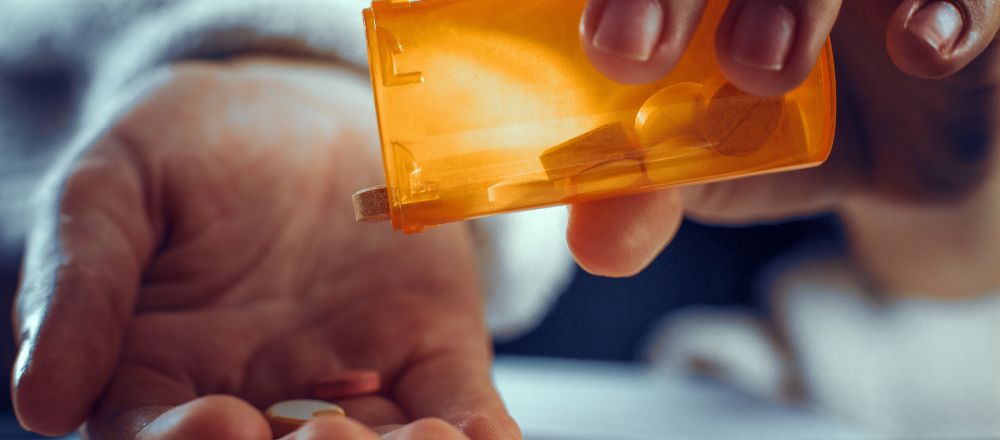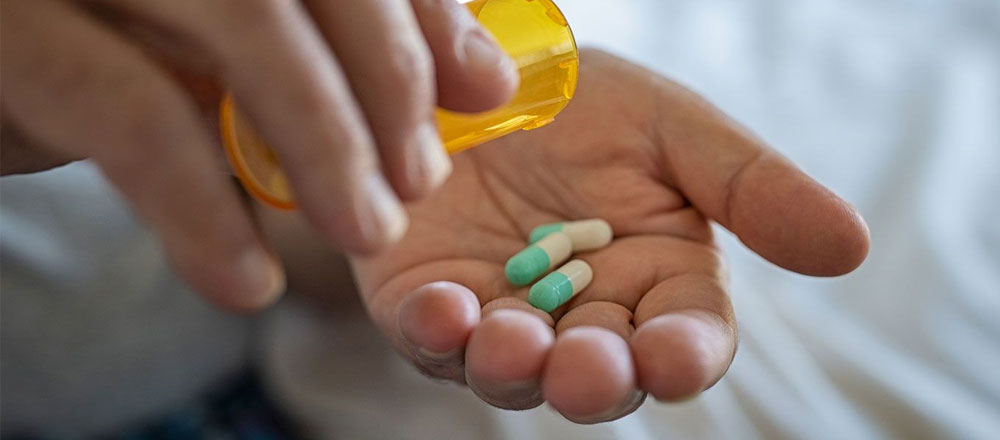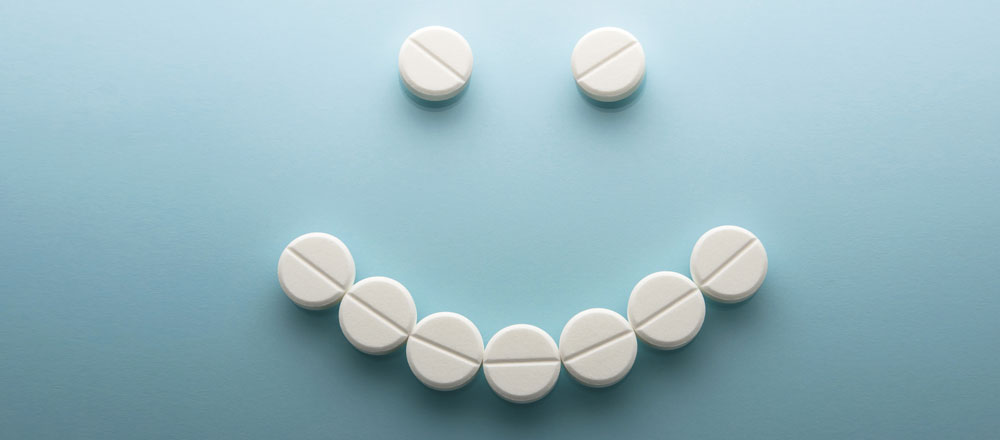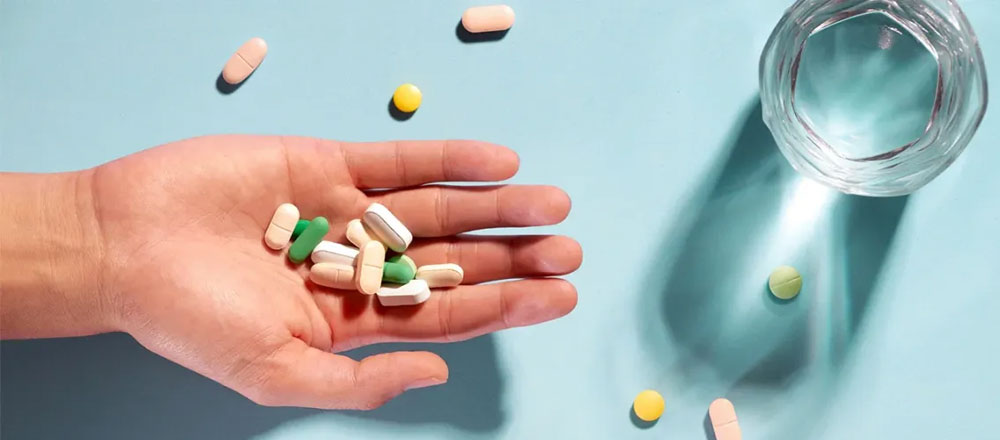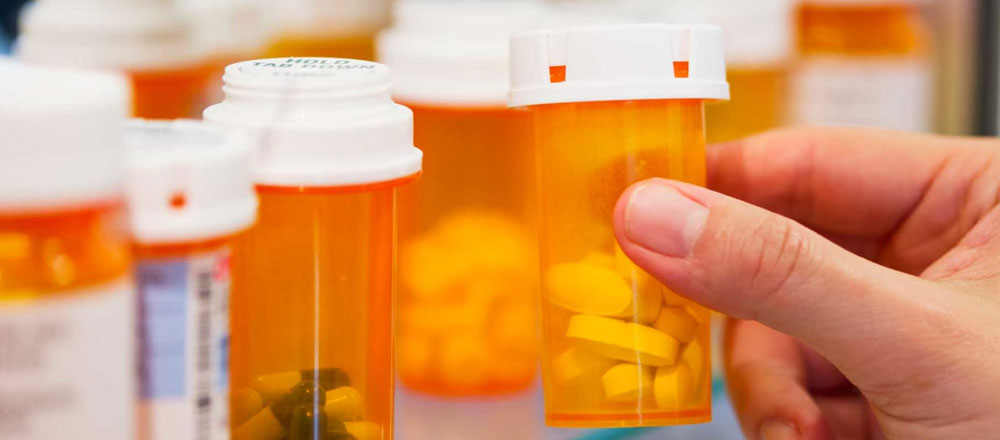How Do I Know If I Need Anxiety Medication?
Feeling worried or nervous from time to time is normal for everyone. For example, you might feel anxious before a big test, when starting a new job, or moving to a new city. These feelings usually go away after a while and don't stop you from enjoying life.
However, some people feel very strong anxiety that gets worse and worse. The Anxiety and Depression Association of America says that about 40 million people in the US, or 18% of all people, have an anxiety disorder. More and more young people and teenagers are having this problem too.
Even though there are good treatments for this type of anxiety, less than 4 out of every 10 people get the help they need. So, how do you know if you might need medicine to help with your anxiety?
7 Signs You Might Need Anxiety Medication
Here are seven indicators that you may benefit from a different approach:
1. Constantly Nervous and Tense
Feeling jittery and on edge almost every day may be a signal that you need help. Cognitive therapy can sometimes help alleviate these feelings. However, if you frequently find yourself in extreme states of distress—heart pounding, palms sweaty, on the verge of passing out—you may be experiencing panic attacks. Discussing these symptoms with a healthcare professional can lead to appropriate treatment, which could involve prescription medication if therapy isn't sufficient to control your anxiety.
2. Evading Beneficial Activities
Are you constantly anxious about public speaking or conversing with others? If your anxiety is leading you to evade situations that induce fear, it's likely holding you back. This avoidance could cost you opportunities, like promotions, or prevent beneficial dialogues in relationships. Confronting these fears can reduce anxiety, as can recognizing that fears established in childhood may not apply in adulthood.
3. Regular Sleepless Nights
Anxiety can cause a cyclical problem: you can't sleep due to worry, leading to exhaustion, which in turn increases your anxiety. While our ancestors needed some level of nighttime alertness for survival, modern-day worries about finances, for instance, aren't helped by this response. Regular exercise and deep breathing can aid sleep and reduce anxiety, but if sleeplessness is a nightly occurrence, it may be time to seek professional help.
4. Unexplained Aches and Pains
Stress often causes muscle tension as your body prepares for a perceived threat. This can lead to constant discomfort or pain. Techniques like mindfulness, relaxation exercises, and yoga can help alleviate anxiety and the resulting physical symptoms. However, if these methods don't help, it might mean your anxiety isn't under control.
5. Constant Stomach Issues
Your digestive system is closely linked to your emotional state, with research suggesting that an imbalanced gut microbiome is common in those with anxiety. Persistent stomach problems can contribute to stress-related issues like depression and anxiety. If gut issues become frequent or significantly uncomfortable, it's advisable to consult your doctor.
6. High Effort, Low Productivity
Anxiety can trigger a stress response that impacts brain areas responsible for learning and concentration. This can lead to an inability to focus and complete tasks efficiently. If this is a recurring issue, discussing it with a healthcare professional may be beneficial.
7. Frequent Irritability
Are you often frustrated or irritated by minor things? This could be a sign of anxiety. Studies suggest that anxious people tend to assume the worst in uncertain situations, resulting in increased anxiety. Managing these anxious thoughts, either naturally or with prescribed medication, can improve your mood and relationships.
If you are ready to buy anxiety medications then you head on to our website.

